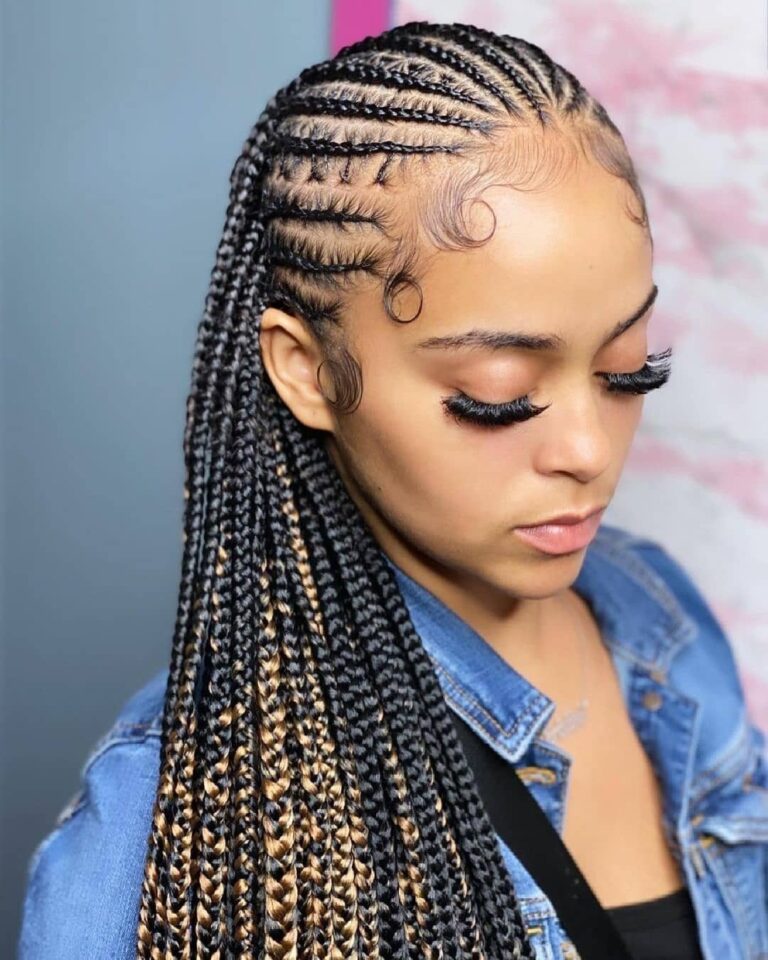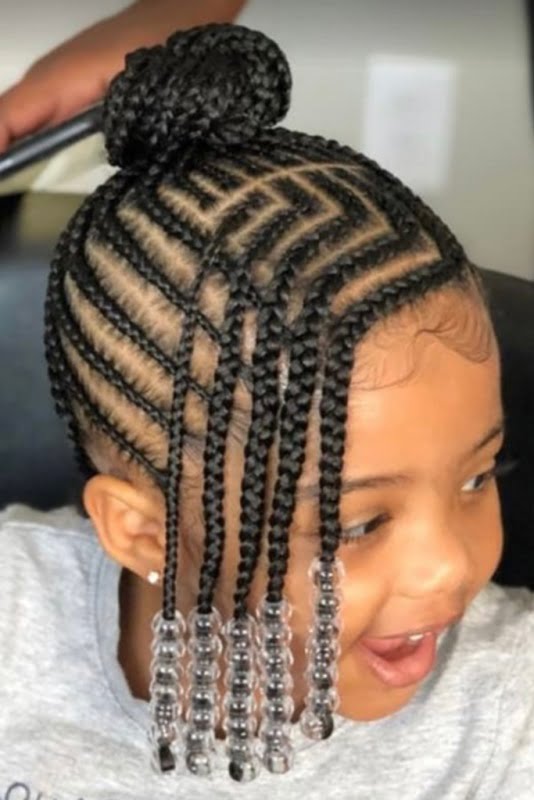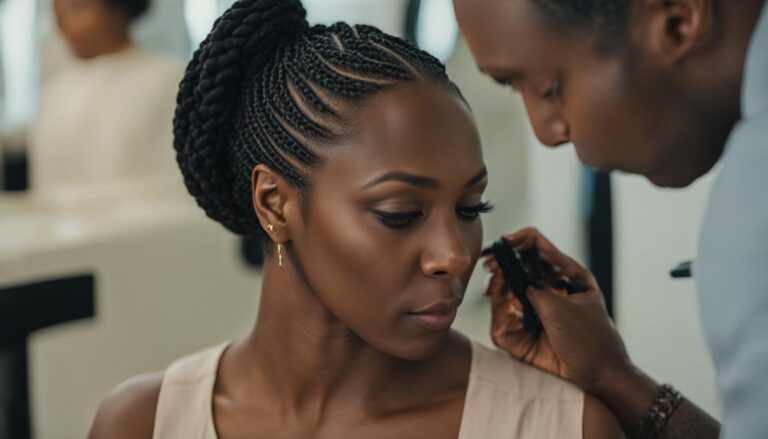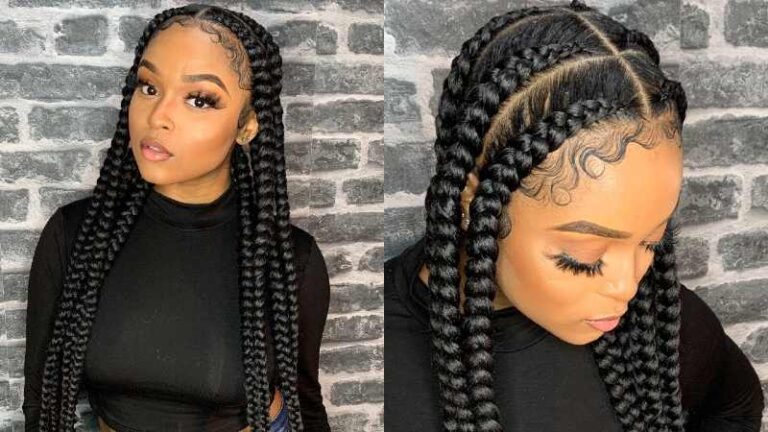How to Get Thicker Hair: Tips and Natural Remedies
Are you struggling with thin or thinning hair? Don’t worry, I’m here to help! In this article, I’ll share some valuable tips and natural remedies to help you achieve thicker, healthier hair. Whether you’re looking for dietary advice, home remedies, or professional treatments, you’ll find everything you need to know right here.
Key Takeaways:
- Eating a nutritious diet plays a crucial role in promoting hair thickness.
- Incorporate protein-rich foods, healthy fats, and essential vitamins into your meals.
- Several natural remedies can help thicken thin hair, such as egg treatments and scalp massages.
- Proper hair care is essential for maintaining thicker hair and reducing breakage.
- Medical treatments like minoxidil and scalp microneedling can be effective for thicker hair growth.
Tips for Promoting Hair Thickness Through a Nutritious Diet
Proper nutrition is key when it comes to achieving thicker and healthier hair. Including specific foods in your diet can promote hair thickness and growth, reducing the appearance of thinning or fine hair. Here are some healthy hair tips to help you achieve those luscious locks:
- Load up on lean proteins: Incorporate lean proteins like salmon, eggs, and peanuts into your meals. Proteins are the building blocks of hair, promoting hair strength and thickness.
- Don’t skimp on healthy fats: Include foods rich in omega-3 fatty acids, such as salmon and avocado. These fats nourish the scalp and support hair growth.
- Boost your vitamin intake: Ensure you’re getting enough vitamins, especially B-complex vitamins and fat-soluble vitamins like vitamin D and vitamin E. These vitamins play a crucial role in maintaining healthy hair and promoting thickness.
- Get your iron levels right: Iron deficiency can contribute to hair loss and thinning. Include iron-rich foods like spinach and legumes in your diet to support hair growth.
By incorporating these nutritious foods into your diet, you can promote hair thickness and achieve the voluminous locks you desire. Remember, consistency is key when it comes to seeing results, so make these healthy hair tips a part of your daily routine.
Expert Tip:
“Proper nutrition is essential for hair health. Incorporating nutrient-rich foods into your diet can help promote hair thickness and growth. Additionally, consider taking a daily multivitamin tailored for hair health to ensure you’re getting all the necessary nutrients.” – Dr. Jane Smith, Dermatologist
Natural Remedies for Thicker Hair
When it comes to achieving voluminous hair, there are several natural remedies that can help boost hair thickness. These remedies can be easily incorporated into your hair care routine and provide nourishment to your hair follicles.
1. Protein-rich Hair Treatment with Eggs
Eggs are a great source of protein, which is essential for hair growth and thickness. To create a protein-rich hair treatment, beat two eggs and apply the mixture to your hair. Leave it on for 20 minutes, then rinse thoroughly with lukewarm water. This treatment can help strengthen your hair strands and add volume.
2. Moisturize with Olive Oil or Aloe Gel
Olive oil and aloe gel are natural moisturizers that can promote hair thickness. Massage a small amount of olive oil or aloe gel into your scalp and hair, focusing on the ends. Leave it on for 30 minutes before rinsing with a gentle shampoo. These ingredients can help nourish and hydrate your hair, leaving it looking fuller and healthier.
3. Enhance Natural Sheen with Orange Puree
Orange puree can help enhance the natural sheen of your hair while removing residue from hair products. To create the puree, blend a peeled orange until smooth, then apply it to your hair and scalp. Leave it on for 30 minutes before rinsing. This remedy can add shine and make your hair appear thicker and more voluminous.
4. Stimulate Hair Growth with Scalp Massage
A scalp massage can increase blood flow to the hair follicles, promoting hair growth and thickness. Using your fingertips, gently massage your scalp in circular motions for about 5 minutes. You can also add a few drops of rosemary oil to your fingertips for added benefits. This simple technique can help nourish your hair follicles and improve hair thickness over time.
These natural remedies for thicker hair can be effective for many individuals, but it’s important to keep in mind that results may vary. Additionally, if you have any underlying health conditions causing thinning hair, it’s advisable to consult with a healthcare professional or dermatologist for personalized guidance and treatment options.

Hair Care Tips for Thicker Hair
When it comes to achieving thicker hair, proper hair care is essential. By following these tips, you can promote voluminous hair and reduce breakage:
- Choose a gentle shampoo: Opt for a shampoo that does not strip away moisture from your hair. Look for formulations that are sulfate-free and designed to add volume.
- Use a moisturizing conditioner: Invest in a conditioner that helps to nourish and hydrate your hair, reducing breakage and preventing split ends.
- Apply a leave-in conditioner: A leave-in conditioner can provide added protection and hydration throughout the day, minimizing frizz and breakage.
- Try a microfiber towel: When drying your hair, use a microfiber towel instead of a regular towel. Microfiber towels are gentler on the hair, reducing breakage and promoting healthier strands.
- Avoid heat styling tools: Excessive use of heat styling tools can lead to damage and breakage. Try to minimize your use of curling irons, flat irons, and blow dryers. If you must use heat, apply a heat protectant spray before styling.
- Opt for low-stress hairstyles: Tight hairstyles, such as ponytails and buns, can cause tension and lead to hair loss. Instead, choose loose hairstyles that put less stress on your hair.
By implementing these hair care tips, you can support the health of your hair and enhance its thickness and volume. Remember, consistency is key, so make these practices a part of your regular hair care routine.
Medical Treatments for Thicker Hair
While natural remedies and lifestyle changes can be effective in improving the appearance of thinning hair, some individuals may require medical treatments to achieve thicker hair growth. Here are some medical options that can help:
- Minoxidil (Rogaine): This medication is available over-the-counter and can be applied topically to the scalp. It works by increasing blood flow to the hair follicles, promoting hair growth, and thickening existing hair.
- Finasteride (Propecia): This prescription medication is specifically for men and works by blocking the hormone responsible for hair loss. It can help slow down hair thinning and promote thicker hair growth.
- Scalp Microneedling: This procedure involves using tiny needles to create microchannels on the scalp. It stimulates collagen production and increases blood flow to the hair follicles, resulting in thicker and healthier hair growth.
- Cold Caps: Cold caps are used by individuals undergoing chemotherapy to minimize hair loss. These caps cool the scalp and reduce blood flow to the hair follicles during chemotherapy sessions, protecting them from the damaging effects of the treatment.
It’s important to note that these medical treatments should be used under the guidance of a dermatologist or healthcare professional. They can assess your specific needs and recommend the most suitable treatment option for you. Remember, results may vary for each individual, and consistency in using these treatments is key to achieving thicker and healthier hair.
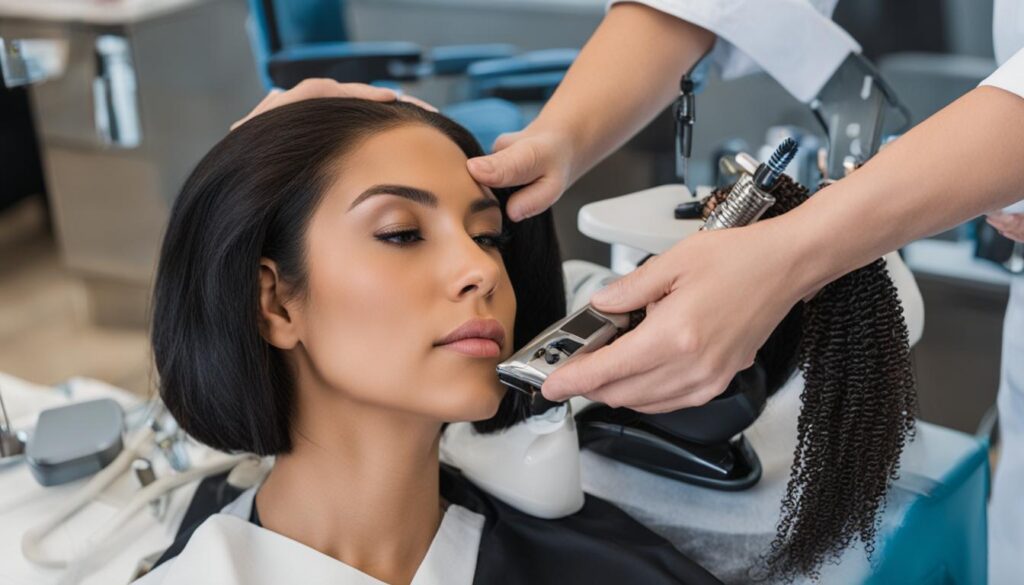
Talk to a Professional
If you’re considering medical treatments for thicker hair, it’s best to consult with a dermatologist or healthcare professional. They can evaluate your hair condition, identify any underlying causes of hair thinning, and provide expert guidance on the most effective treatment options for you. They can also monitor your progress and adjust your treatment plan if needed.
Conclusion
Achieving thicker hair requires a combination of proper hair care, healthy lifestyle habits, and potentially medical treatments. While natural remedies and home care strategies can enhance the appearance of thin hair, it’s important to address any underlying health conditions that may contribute to thinning hair.
Consulting with a healthcare professional or dermatologist can provide personalized guidance and treatment options for achieving thicker and healthier hair. They can assess your specific needs, recommend appropriate remedies or medical interventions, and monitor your progress along the way.
Remember, results may vary for each individual, and consistency in implementing these tips and remedies is key. It takes time and patience to see noticeable improvements in hair thickness, so maintaining a consistent routine and following professional advice is crucial for long-term success.
FAQ
Can a nutritious diet help promote hair thickness?
Yes, consuming a diet rich in healthy fats, protein, and a variety of vitamins can support thicker hair growth.
What natural remedies can help thicken thin hair?
Natural remedies such as using eggs as a hair treatment, applying olive oil or aloe gel, and scalp massage techniques can help promote hair thickness.
What are some hair care tips for thicker hair?
Using a gentle shampoo, moisturizing conditioner, leave-in conditioner, and avoiding heat styling tools can improve hair thickness.
Are there medical treatments for achieving thicker hair?
Yes, medications like minoxidil and finasteride, scalp microneedling, and cold caps for individuals undergoing cancer treatments can promote thicker hair growth.
How can I achieve thicker hair?
Achieving thicker hair requires a combination of proper hair care, a nutritious diet, natural remedies, and potentially medical treatments. Consulting with a healthcare professional or dermatologist can provide personalized guidance.


